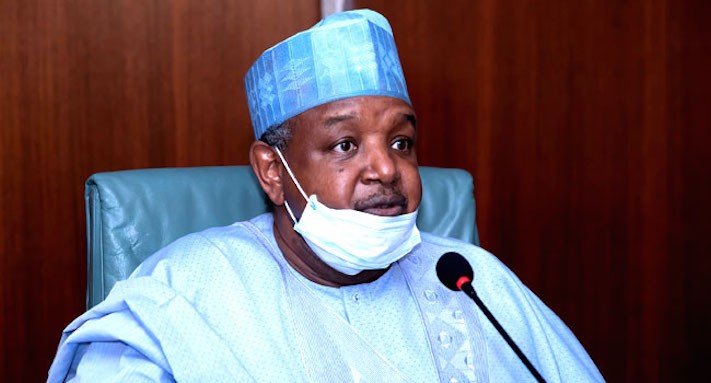Nigeria must attract at least $100 billion in investments annually if it is to meet its ambition of becoming a middle-income country by 2050, according to Minister of Budget and National Planning, Atiku Bagudu.
Bagudu made the remark on Tuesday at a one-day policy dialogue on Deepening Legislative-Executive Synergy for Effective Economic Governance in Nigeria, organised by the National Institute for Legislative and Democratic Studies (NILDS) in Abuja.
The minister insisted that the Nigeria Agenda 2050 was not an over-ambitious programme but rather a “realistic pathway to prosperity,” stressing that President Bola Tinubu’s administration had already begun taking bold steps to reverse years of weak fiscal capacity and systemic distortions.
Read Also: Nigeria issues October loading plan as exports fall by 34,000bpd
“We calculated, and to achieve this objective, Nigeria requires at least $100 billion investment per annum from both the private and public sectors,” Bagudu said.
He explained that the Agenda 2050 framework is broken into six medium-term plans, starting with 2021–2025 and advancing in five-year phases until 2050.
Bagudu further noted that, although Nigeria’s revenue-to-GDP ratio had risen from 9 percent in June 2023 to 16 percent as a result of recent fiscal reforms, the country still lags well behind its peers.
“Brazil, a federation like Nigeria, has a federal budget of about $700 billion, while ours is just $36 billion,” he said.
“Japan, with roughly half of Nigeria’s population, spends more than $20 trillion annually. These disparities explain why outcomes are inevitably different.”

